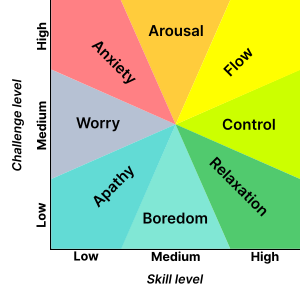**History of Relaxation Techniques**:
– Dr. Edmund Jacobson introduced relaxation in psychology through his book ‘Progressive Relaxation’ in 1929.
– Jacobson’s research started in 1908 at Harvard University and continued at Cornell and the University of Chicago.
– Johannes Schultz and Wolfgang Luthe developed autogenic training for relaxation in 1932.
– Herbert Benson and Mirium Z. Klipper published ‘The Relaxation Response’ in 1975, focusing on meditation techniques.
– Jacobson’s work aimed at enhancing general human well-being.
**Relaxation Techniques**:
– Various relaxation techniques can be categorized as physical, mental, or therapeutic.
– Breathing techniques, like deep abdominal breathing, are effective in reducing stress.
– Progressive muscle relaxation involves flexing and relaxing specific muscles for relaxation.
– Meditation can reduce physiological and psychological stress.
– Hypnosis relaxation therapy is used to promote relaxation and treat various conditions.
**Physical Benefits of Relaxation**:
– Relaxation leads to decreased blood pressure, heart rate, and respiration rate.
– Reduced muscle tension and metabolism are observed during relaxation.
– Individuals practicing relaxation report improved pain tolerance.
– The quality of health determines the impact of relaxation on the body.
– Proper breathing techniques can alleviate symptoms of depression, anxiety, and hypertension.
**Mental Health and Relaxation**:
– Daily attention to mental health is crucial.
– Relaxation aids in managing mental health impairments.
– Relaxation techniques result in improved mood and reduced anxiety.
– Clearer thought processes are observed in relaxed individuals.
– Coping mechanisms for mental and physical pain are enhanced through relaxation.
**Therapeutic Application of Relaxation Techniques**:
– Certified counselors or therapists may use various relaxation techniques in therapy.
– Professionals might prescribe medication alongside relaxation techniques.
– Therapists can administer physical, mental, and therapeutic relaxation techniques.
– Patients guided by professionals may achieve better results.
– Professional guidance can enhance the effectiveness of relaxation techniques.
In psychology, relaxation is the emotional state of low tension, in which there is an absence of arousal, particularly from negative sources such as anger, anxiety, or fear.

Relaxation is a form of mild ecstasy coming from the frontal lobe of the brain in which the backward cortex sends signals to the frontal cortex via a mild sedative.[citation needed] Relaxation can be achieved through meditation, autogenics, breathing exercises, progressive muscle relaxation and other means.
Relaxation helps improve coping with stress. Stress is the leading cause of mental and physical problems,[citation needed] therefore feeling relaxed is often beneficial for a person's health. When a person is highly stressed, the sympathetic nervous system is activated because we are in a fight-or-flight response mode; over time, this could have negative effects on a human body.





